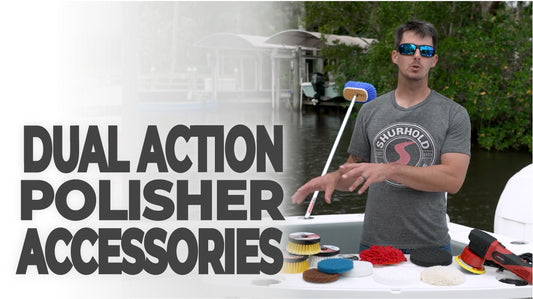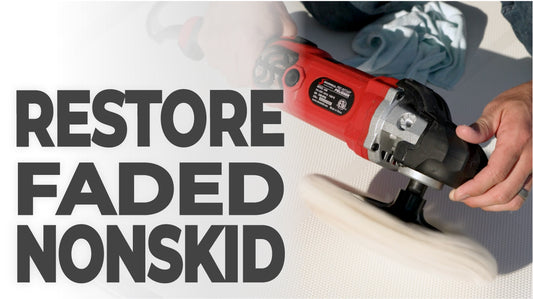
For those of us who live on the East Coast of the United States, hurricanes are a potential danger we are trained to anticipate and prepare for. It’s important to have an action plan in place so you can spend the limited time you have before a storm preparing and not scrambling. For boat owners, hurricanes bring an added level of stress. This article will focus on those of you who plan to let your boat ride out the storm on the water in its slip or a similar berth. It’s important to note that your boats plan will be different from others, i.e, each plan should be based on you and your boats access to safe harbor, size, and build. What follows is a general guideline based on experts and insurance companies recommendations.
Before the Storm
- You should enact your plan no later than 72 hours before predicted landfall. Remember that your boat is only one of the things you have to prep for the storm. Your family and house will need to be taken care of as well
- Designate a reliable friend or professional to enact this plan if you are out of town / unable
- If your going to move your boat into safer harbor, now is the time.
- Come up with a diagram for tying your vessel in its slip. The goal should be to eliminate as much movement as possible while allowing for a tidal surge.
- Gather all insurance information along with boat records, titles, proof of ownership, etc. Take inventory of every piece of equipment on the boat for your records. Take plenty of detailed pictures of the boat, including the boat in it’s fully prepped state. You will use these for insurances purposes in case of damage
- Practice! Go through your completed plan in its entirety. This will make carrying out the plan in a real storm easier and limit the surprises along the way.
Boat Preparation
Helm Area
- Waterproof all hatches with duct tape. Do the same with electronics covers
- Stow padding and cushions below the deck or off the boat
- Tape windows where water will push through
- Turn off electrical systems besides the bilges and battery chargers (if applicable)
- Seal all openings to make the boat as watertight as possible (duct tape works well)
Bilge Area
- Clean Bilge of debris and check all pumps to ensure working order
- Inspect seacocks, thru-hull fittings, and raw water systems for leaks. Then close them.
- Plug all hatches
Topside
- Drop and store outriggers
- Lower/ remove antennas
- Remove any sails, canvas, or bimini tops
- Any loose gear such as extra lines, chains, chairs, etc. will need to be removed and stored
Cabin, Salon
- Remove all food, perishables, etc
- Thaw and wipe out all freezers/coolers
- Shut down all unnecessary systems for house battery power
- If your boat has removable carpet, do so.
- Tape the window or port seals to eliminate water being pushed through.
Securing your Boat in its Slip or Berth
- Double the lines on your boat. Use spring lines to account for tidal surge and limit boat movement. If possible, keep the boat in the middle of its slip using lines that cross the boat. Insure pilings are secure and strong.
- Install chaff gear where the mooring lines touch the pilings, boat, or chocks. The lines will wear through during a long storm without this added protection. Chaff gear can be rubber hose, tape, or even rags. Ensure the gear is firmly in place.
- Assess the attachment of primary cleats, winches, and chocks. These should have substantial back plates and adequately sized stainless steel bolts.
- Add fenders to prevents the boat from bouncing off the dock. More is absolutely better and the investment could save you serious repair costs after the hurricane. Do not tie up to a dock without fenders!
- If you live on your boat, find another shelter to ride out the storm. Regardless of your preparations, there are safer places to wait out the weather



